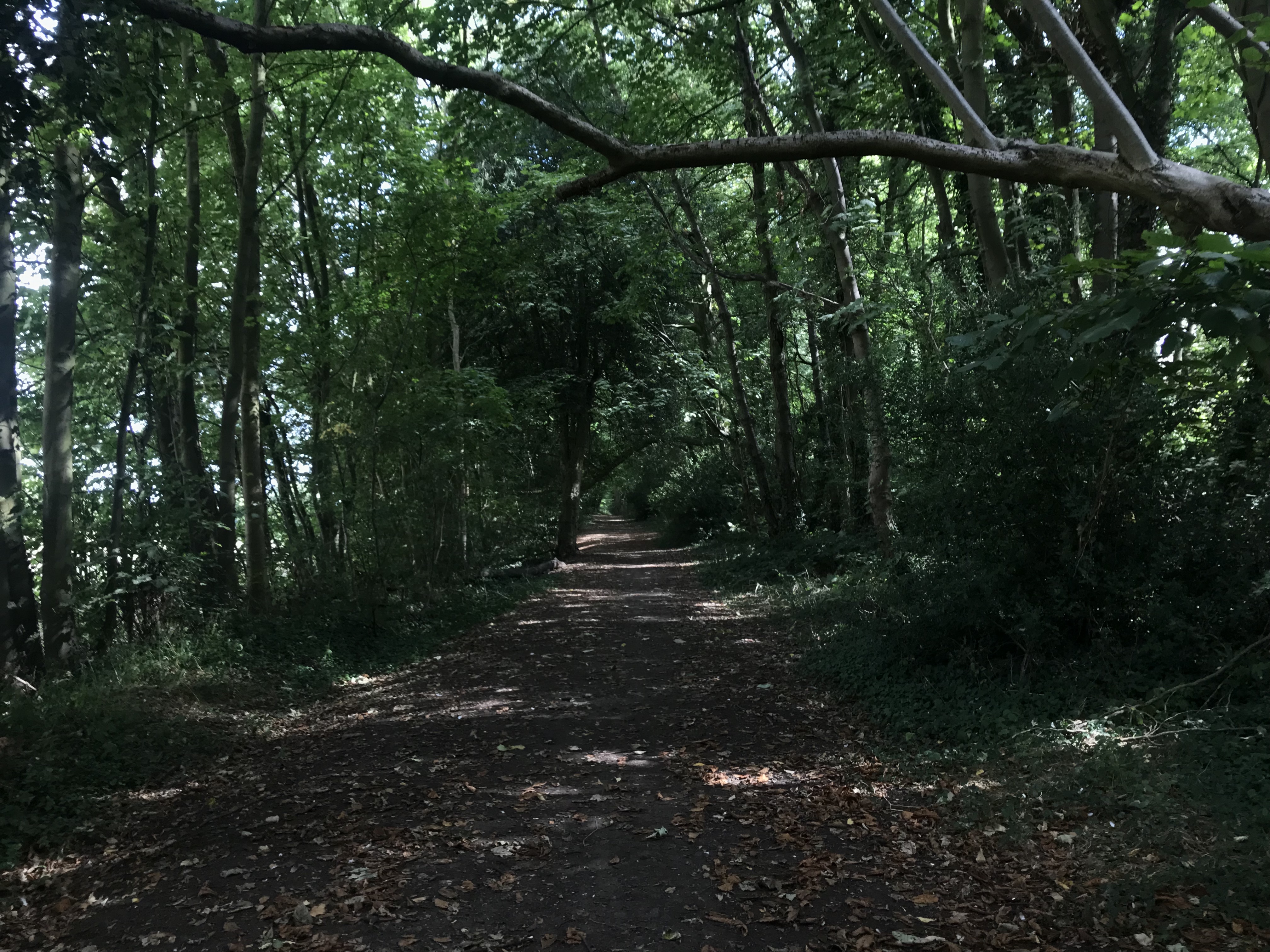
The Intelligence of Plants
Cody Delistraty, writing for The Paris Review, about the capabilities of plants:
A few years ago, Monica Gagliano, an associate professor in evolutionary ecology at the University of Western Australia, began dropping potted Mimosa pudicas. She used a sliding steel rail that guided them to six inches above a cushioned surface, then let them fall. The plant, which is leafy and green with pink-purple flower heads, is commonly known as a “shameplant” or a “touch-me-not” because its leaves fold inward when it’s disturbed. In theory, it would defend itself against any attack, indiscriminately perceiving any touch or drop as an offense and closing itself up.
The first time Gagliano dropped the plants—fifty-six of them—from the measured height, they responded as expected. But after several more drops, fewer of them closed. She dropped each of them sixty times, in five-second intervals. Eventually, all of them stopped closing. She continued like this for twenty-eight days, but none of them ever closed up again. It was only when she bothered them differently—such as by grabbing them—that they reverted to their usual defense mechanism.
It’s a fascinating read, and it’s not just a clickbait headline with minimal information. Rather he mentions research that has been done regarding how trees can share nutrients and information via fungal networks, how they react to damage and animals attempting to eat parts of them.
I’ve read about the ways that trees can communicate between each other, to notify others of possible intruders, and how a forest can provide the nutrients to an unhealthy tree to sustain it, in the book “The Hidden Life of Trees” by Peter Wohlleben. But, the idea that a plant could learn, or even just have a form of memory, would certainly alter the way we think about plants in general.
Possibly my favourite part of this article would be:
Even the slightest possibility of a proven plant intelligence would have massive scientific and existential implications. If plants can “learn” and “remember,” as Gagliano believes, then humans may have been misunderstanding plants, and ourselves, for all of history. The common understanding of “intelligence” would have to be reimagined; and we’d have missed an entire universe of thought happening all around us.